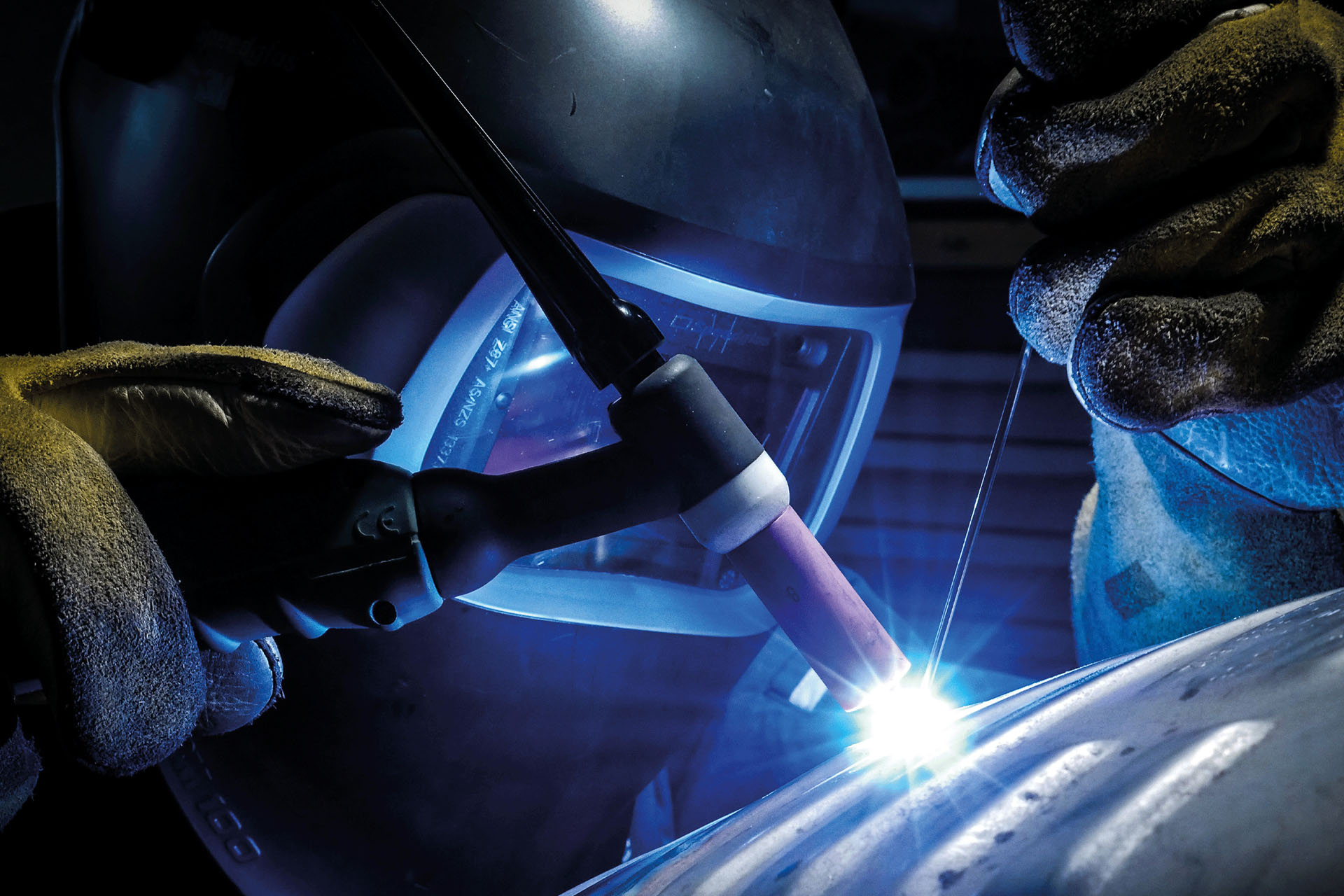
Reshaping the Construction Industry: Evolving With a Changing Trade
It’s no secret that the modernisation of the 21st century initiated a rude awakening for tradesmen everywhere. For years, the construction industry was largely unchanged. Tradesmen relied upon themselves and their own handiwork to get the job done. From construction plans and invoices, to the very foundations of your home, there was one thing you could count on: each was a product carefully constructed by hand.
As technology advances and new gadgets enter the industry, many tradesmen are fearing for the place of manual labour within this modern world. With the arrival of potentially more efficient and cost-effective construction apparatus, concerns are rising that workers are unable to compete with the burgeoning competition.
Whilst manual may no longer be the sole form of labour however, this is not to say that the industry must become stagnant. Much the opposite, a change in the ways which we approach modernisation could be the industry’s saving grace.
In order for the building business to prosper, workers should focus on how digital platforms and technology can assist their business. Rather than denouncing modernisation, how can tradesmen re-evaluate modern influences as a strength? Moreover, how can we utilise mechanisation to our own advantage?
Before we consider the apparatus directly involved in construction, perhaps it is first necessary to address the perks of modernisation on a more general scale. Take social media, for example. A global digital platform, social media provides a means of expanding the reach of a business- all at the mere click of a button.
By using social media as a tool to connect, tradesmen can capitalise on a strength which new technologies lack: human exchange. Through digital interaction alone, customers boast opportunities to review and recommend the services at hand. And with most trade blooming from a digital ‘word of mouth’ nowadays, building a business profile is essential.
Moreover, apps like TOOLi also enable tradesmen to network with local suppliers. Using apps to create a community amongst people within the industry can only be considered a good thing. In some ways, utilising these platforms could be a builder’s most valuable tool.
It doesn’t stop there- technologies like smartphones and iPads also serve a purpose. Such gadgets make workmen permanently reachable by the likes of text or email. As a result of this new found engagement, tradesmen no longer have to make lengthy phone calls, or pay door to door visits to welcome new business. With greater accessibility, perhaps the immediacy of technology conserves the most valuable resource: time.
So, let’s get to grips with the new tech directly impacting the industry. Here at Real Deals, we’ve seen it for ourselves. Nowadays for example, power tools and torches are charged rather than battery powered, with the latter shining lighter and brighter than ever before. From self-healing concrete to 3D printing, new gear is infiltrating the world of construction at an amazing rate. The reason being? Software as such delivers consistent results, void of potential for human error and within a fraction of the time. You can see why workmen are concerned…
There’s no denying that new technology has its perks. Rather than discrediting it as unhealthy competition however, constructers need to put their pride aside and recognise the ways which it can improve their business- not necessarily invalidate it.
The efficiency of technology is a prime example of how new mechanisms can work to our advantage. As the saying goes, time is money. So, if a more efficient system is capable of slashing time and costs, surely it frees more time to fund the business in alternate ways? Be it generating more work opportunities or simply growing different sides of the business, tradesmen should invest time more productively elsewhere. Take apps such as Joist, for example; this provides a more productive means of invoicing clients virtually as opposed to forcing the builder to type up documents themselves. The primary focus for businesses should be growth- whatever form this may manifest.
Implementing new technologies could also impact the sustainability of labour. Attracting a younger demographic to the industry is vital to creating a more skilful and productive labour force, who are capable of practising the trade for years to come. With exciting apparatus entering the industry, an enthusiasm to learn more about how it operates should attract a younger workforce.
Apprenticeships also play a part in attracting youth to the industry. Apprenticeships are win-win for the construction business and its workforce- whilst businesses conserve budget by paying reduced salaries, workers benefit from the educational investment of their training.
Using technology to advance health and safety measures is another way of ensuring the sustainability of labour. Ranging from glasses with heads-up displays to hard hats fitted with monitoring sensors, wearable technology prioritises the importance of safety in the workplace. Without a healthy workforce, construction cannot continue.
So, whilst the industry is changing, it is wrong to automatically presume modernisation is entirely damaging. With many reasons to suggest the ways which new technology is benefiting the market, it is surely the responsibility of tradesmen themselves to harness it correctly. In Mark Farmer’s 2016 review ‘Modernize or Die’, Farmer concludes that modernisation is capable of producing a ‘vibrant, re-skilled, fully integrated, more predictable and productive industry’. With this in mind, it is clear that the construction industry is far from redundant- perhaps it just needs rebuilding.
